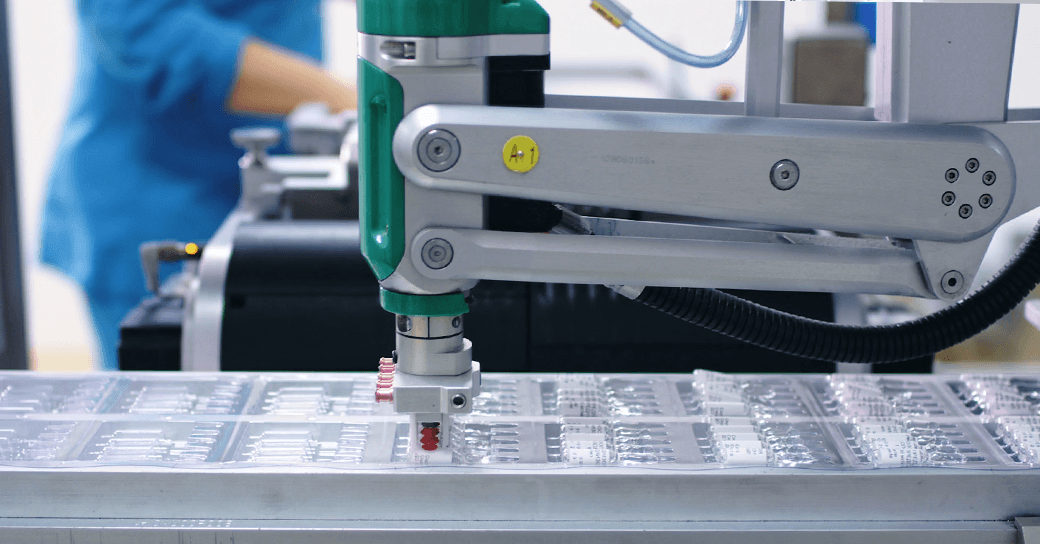Medical devices may contain a substance that is an integral part of the medical device, but which would be a medicinal product when used separately. The organisations that assess medical devices, the so-called 'notified bodies', must - when assessing such medical devices - seek advice about the substance from a competent authority via a consultation procedure. The MEB can act as a competent authority.
The notified body takes the final decision about whether or not to approve (certify) the medical device and therefore has executive responsibility. The MEB issues scientific advice about the quality and safety of the substance, including the benefits/risks of the incorporation of the substance in the device.
The MEB's opinion on the substance in the medical device is binding under the Medical Device Regulation (MDR, EU 2017/745). In the event of a negative opinion, the notified body is not allowed to issue a certificate. Regulation EU 2020/561 entered into force on 24 April 2020. The implementation of the MDR has been postponed by one year as a consequence of COVID-19. The MDR will therefore come into effect on 26 May 2021 instead of on 26 May 2020.
The MEB has been consulted regularly by various notified bodies since 1995. The substances in question are assessed by employees who also assess the medicinal product dossiers in the pharmacotherapeutic groups.
As in the case of medicinal product assessment procedures, scientific or regulatory advice can be requested, or a pre-submission meeting convened, prior to a consultation procedure. The consultation procedure is subject to dossier requirements and assessment deadlines. The consultation procedure is concluded with an opinion.
After receipt of a positive opinion (and certification) for a medical device, a variation can be submitted, adverse reactions or calamities can be reported, or a reconsultation with a view to recertification under the MDR can be applied for at a later stage of the life cycle (if the medical device was initially certified under the MDD (Medical Device Directive).
In principle, the original medicines agency must be consulted for variations. However, for the sake of continuity it is preferable - including for reconsultations - to consult the original medicines agency.
(Re)consultation timeslot application
As of January 16, 2024, the MEB will use a timeslot tool that also applies to (re)consultation procedures. To request a timeslot for a (re-)consultation procedure, use our Planning tool to support application for timeslots. The planning tool shows how many timeslots are available per month and for which department.
After opening the planning tool, you can select a timeslot of your choice; a digital form will appear. You can then attach the completed and signed Request for timeslot for Consultation Procedure and enter your contact details.
To know to which department your request should be sent to, you can consult the organisational structure overview. Classification is usually based on the claimed indication of the added medicine.
See the table below for some common examples.
| Medical Device | Integral substance | PT group |
| ‘Dermal fillers’ | Lidocaine | PT1 |
| Dental cement | Prednisolon | PT1 |
| ‘drug eluting stent’ | Paclitaxel, Biolimus + Sirolimus | PT2 |
| ‘Pacemaker leads’ | Dexamethasone | PT2 |
| ‘Intrauterine Contraceptive Device’ | Copper | PT2 |
| Wound plasters | Silver | PT4 |
| Bone cement, hip prosthesis | Antibiotics | PT4 |
After submission you will receive a confirmation of receipt via e-mail. The MEB will inform you within three weeks following submission, whether the timeslot is assigned or not.
Please note that before submission, a CP number must be assigned (see Procedure and dossier requirements). In the event that a submission consists of a series of related (family) products, experience has shown that this process can take some time (1- 3 months). You can find more information on the page about Procedure and dossier requirements.
News

Medical Devices Regulation: additional information about the procedure for medical devices
The date of application of the Medical Devices Regulation (MDR, EU 2017/745) is getting closer. In order to estimate the workload ...
Read more
Implementation of the Medical Device Regulation postponed until 26 May 2021
Due to the coronavirus crisis the European Commission has postponed the implementation of the new Medical Device Regulation (MDR, ...
Read more